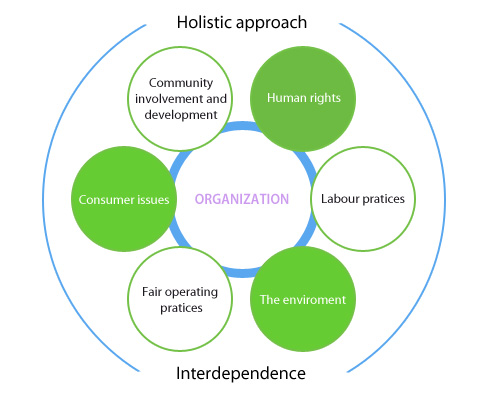3rd Bac - Classification of Costs. Production and Operational Costs and Expenses.
Classification of Costs. Production and Operational Costs and Expenses.
Direct and Indirect Cost
In any business, you have two kinds of costs: direct costs and indirect costs.
A direct cost is the cost of producing goods or services (e.g. raw materials and labor). Direct costs are only reported when the goods are sold. If the goods are not sold, the goods remain as an asset on the balance sheet.
An indirect cost is an operating cost that remains about the same whether you make any sales or not. An example would be rent–it stays the same whether a restaurant serves 50 people or 150 people.
Fixed and Variable Cost
Fixed costs are predetermined expenses that remain the same throughout a specific period. These operating costs do not vary with output or how the business is performing. To determine your fixed costs, consider the expenses you would incur if you temporarily closed your business. You would still continue to pay for rent, insurance and other operating expenses.
Some examples of fixed costs include:
- Rent
- Salaries
- Loan payments
Variable costs change over a specified period and are associated directly to the business activity. These are based on the business performance and the volume of services the business generates.
Some examples of variable costs include:
- Labor
- Taxes
- Wages of part-time staff
Production and Operational Costs and Expenses.
When accounting for the costs and expenses that the entrepreneur has to incur to put his project to work, it is important to make a distinction between the costs and expenses of production and those called operational. Through this differentiation, the impact that each of these has on the generation of business profits or losses can be determined.
Production Costs and Expenses and their Quantification
There are three elements that are part of the costs of production of a good or service:
- Direct labor: refers to the salary that must be paid to the workers who perform the tasks related to the production process of the good or service
- Direct materials: Focuses on raw materials and other materials that, generally, are incorporated and in view of the client at the time of purchase and consumption of the good or service
- Indirect expenses: It is directed to the analysis of costs and expenses towards those items that are not direct labor or direct materials, but that are related to the area of production of the good or service.
When you add the direct labor, direct materials and indirect expenses you get the total costs related to the production area.
Operational Expenses
Are those expenses that are related to administrative and sales activities. By subtracting these expenses from the profit, the entrepreneur can know the profit or loss of the operation. This will then be modified - adding or subtracting - the financial expenses related to the payment of interest that the entrepreneur would have to do if he obtained a loan.


